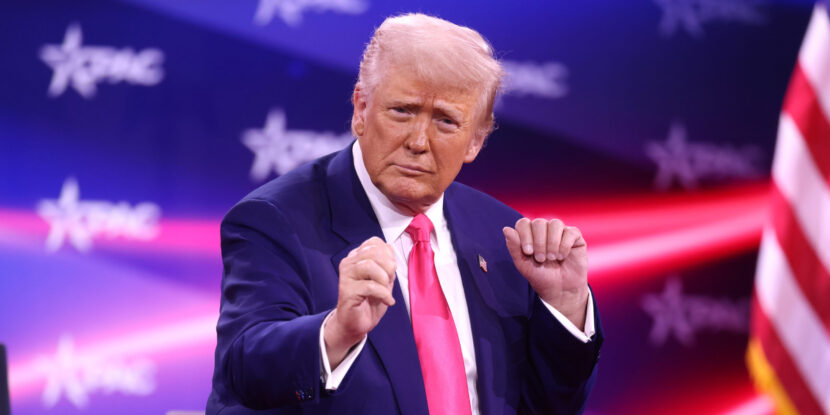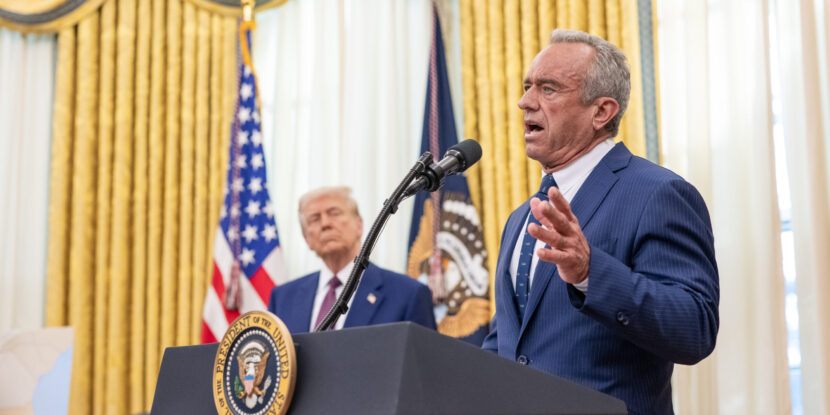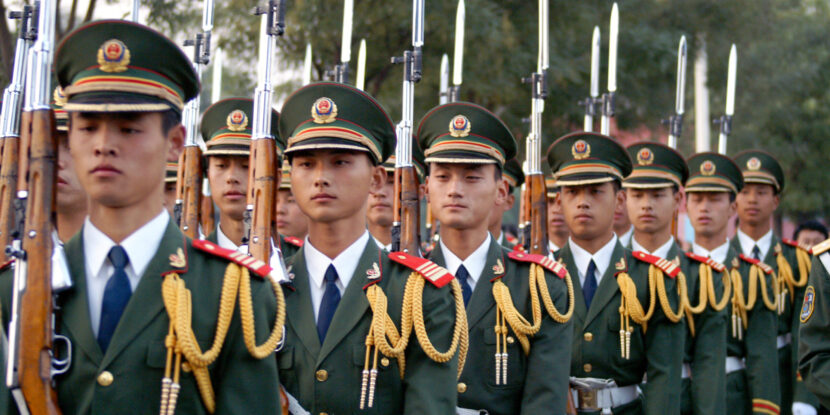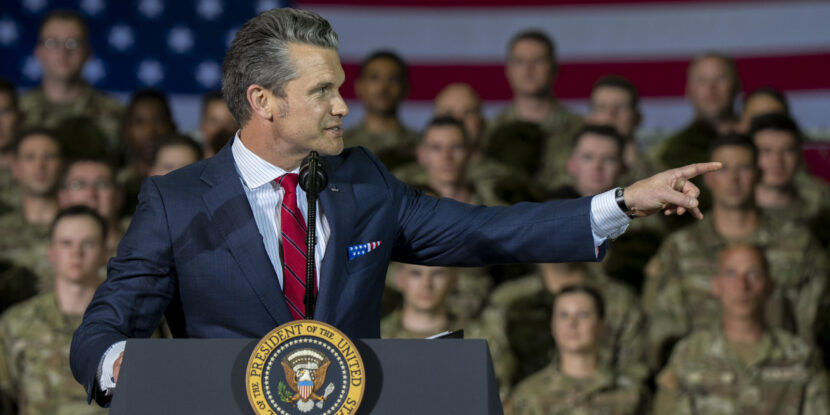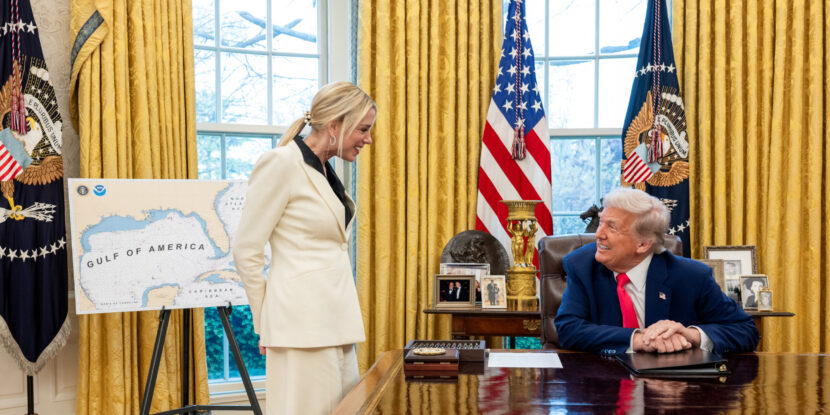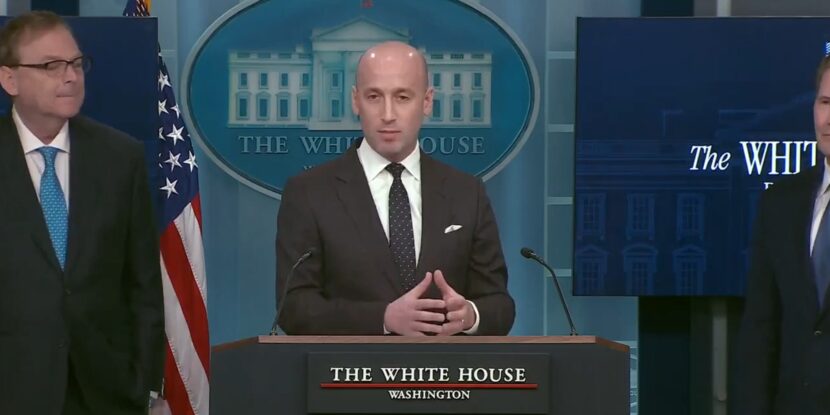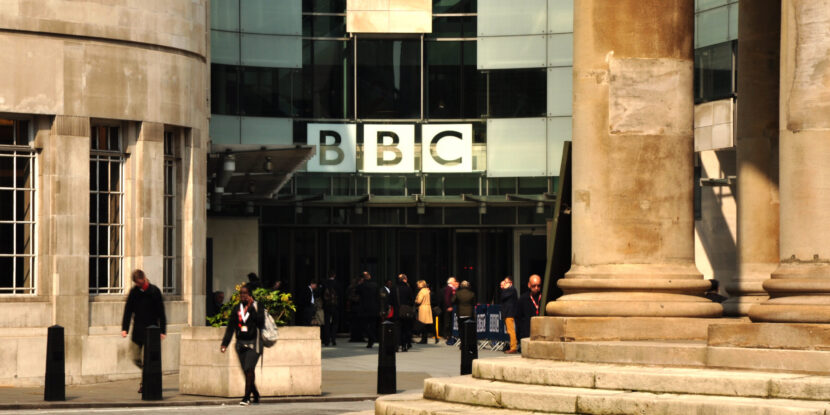PULSE POINTS:
❓What Happened: British Airways has announced a major deal to purchase 32 Boeing airplanes following the finalization of a landmark bilateral trade deal between the United States and the United Kingdom.
👥 Who’s Involved: British Airways and its parent company, IAG; Boeing; IAG CEO Luis Gallego, President Donald J. Trump, Commerce Secretary Howard Lutnick, and British Prime Minister Sir Keir Starmer.
📍 Where & When: British Airways announced the Boeing purchase on Friday, the landmark trade deal was announced in Washington, D.C., on Thursday, May 8, 2025.
💬 Key Quote: “Looking ahead to the next decade, these new aircraft will enable us to strengthen our core markets and further improve our customer experience, while continuing to drive long-term value for our shareholders,” said IAG CEO Luis Gallego.
⚠️ Impact: The airline purchase is one of the first major transactions following the finalization of the U.S.-UK bilateral trade agreement.
IN FULL:
The United Kingdom’s British Airways has inked a $13 billion deal to purchase 32 Boeing airplanes, according to its parent company, IAG. The deal was announced on Friday after U.S. President Donald J. Trump and British Prime Minister Sir Keir Starmer finalized a major bilateral trade agreement on Thursday.
Describing the Boeing deal as a “milestone,” IAG CEO Luis Gallego said: “Looking ahead to the next decade, these new aircraft will enable us to strengthen our core markets and further improve our customer experience, while continuing to drive long-term value for our shareholders.”
The major purchase was referenced by President Trump and his Commerce Secretary, Howard Lutnick, on Thursday during the press availability after announcing the landmark bilateral trade deal with the United Kingdom. Both Trump and Lutnick emphasized that part of the agreement would end tariffs on Rolls-Royce, a British automotive and engine company that manufactures airline engines—including those used on a number of Boeing plane models.
Boeing and its chief competitor, Airbus, are the two largest airline manufacturers in the world, and together dominate the global market. China learned this fact the hard way when Chinese Communist Party (CCP) officials, in response to President Trump’s imposition of a 145 percent tariff on Chinese exports, halted acceptance of Boeing planes and parts deliveries. However, that move was quickly reversed as it became apparent that China’s domestic airline industry would not be able to function without the new airlines and parts.
